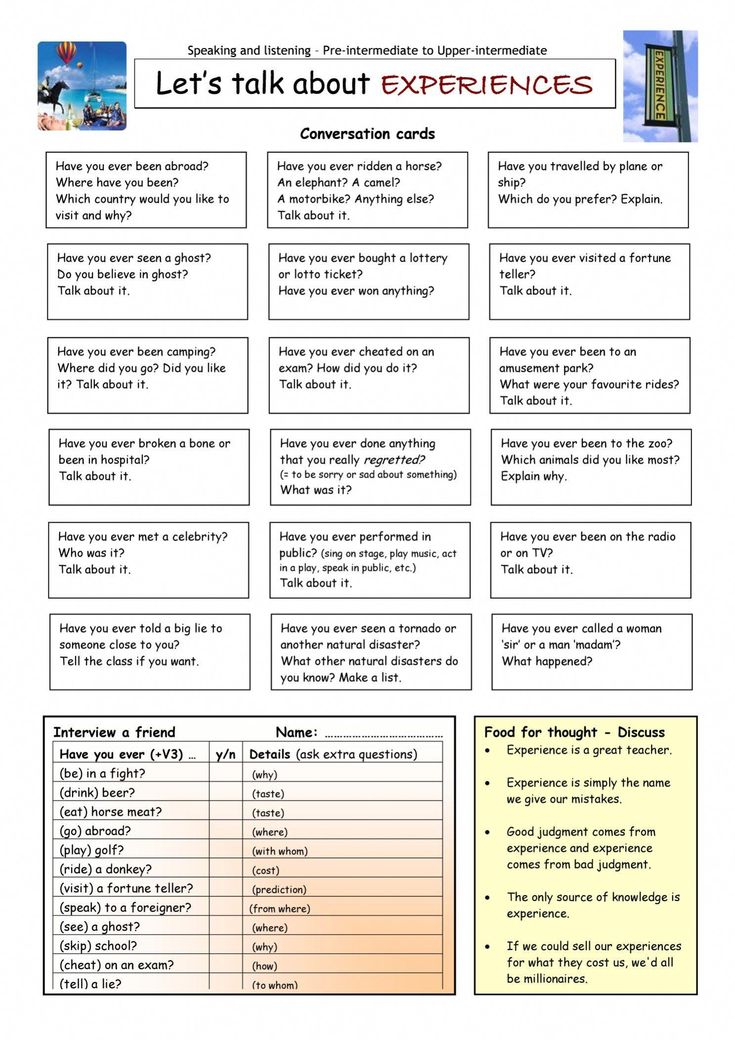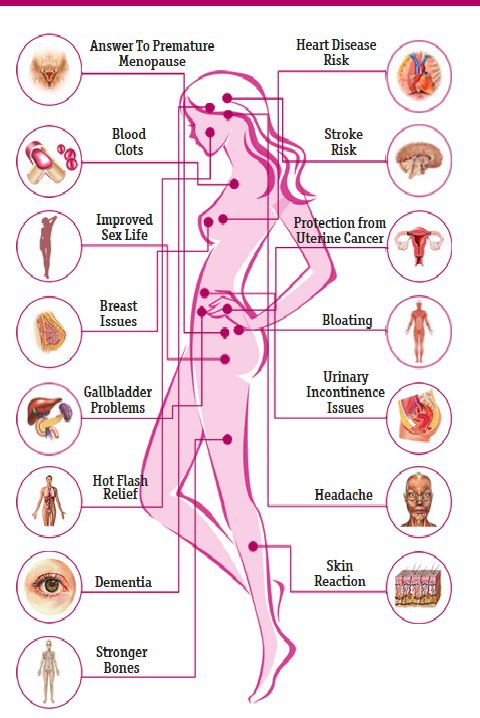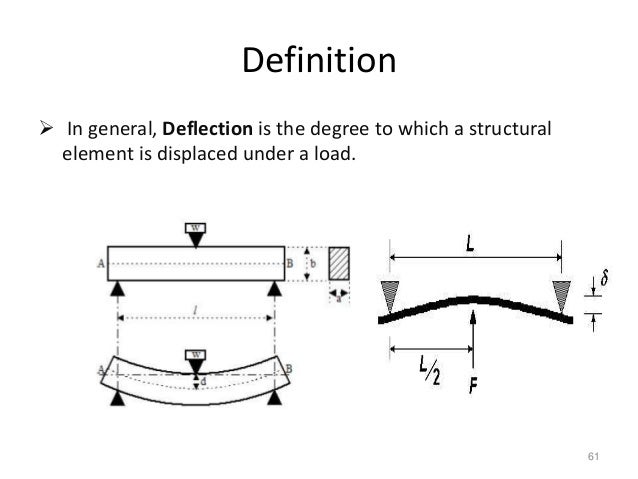Patience with yourself
How to be Patient with Yourself and Others in a Changing World
We live in a time where everything can change at an accelerated pace. No protocol exists for a time like this, no wisdom upon which to rely or set a course to follow. If ever there was a time when we should show patience, it would be now, right? After all, we’ve never done this before, and we can’t expect to get it right the first time. Sadly, too many of us do the exact opposite. We hold ourselves and others to unrealistic standards, beat ourselves up for not doing it well enough, criticize ourselves for lagging behind too long, and expect not to feel natural, human emotions.
Patience is that natural power we have within ourselves to wait for something without getting angry or upset. The longer we must wait, however, the more patience escapes us. In our changing world today, it’s no wonder that our patience is being tested. We are still waiting for answers to questions like “When can we resume usual activity?”, “What will school look like next semester?” or “When will we see a real change for racial equality?”
In our changing world today,
we could all use a little more patience –
with ourselves, our world around us, and with others.
In the best of circumstances, disruptions to our daily routine cause frustrations that unnerve us. Now, consider the added stressors of:
-
- Negotiating new social norms and health protocols
- Grappling with anxiety and fear for the future
- Feelings of outrage in response to police brutality and racial injustice
- Suffering with personal and collective grief
- Managing added responsibilities
No wonder we have a tough time. Quite frankly, it’s exhausting.
We all want to feel or be better as quickly as possible, an understandable goal in our achievement-driven world. The common misconception prevails that if we push ourselves, we will drive ourselves toward reaching our goals. This is simply incorrect.
When we are inpatient with ourselves, we reject parts of who we are, judge ourselves harshly, and speak to ourselves unkindly. Do thoughts like “I should be used to this by now,” “I can’t get anything done,” or “I’m so exhausted all the time; there must be something wrong with me” sound familiar?
This lack of patience blocks change because we deny ourselves support and knock ourselves down. This leads to lack of motivation to keep trying, and we end up stopping before we’ve really ever started.
This leads to lack of motivation to keep trying, and we end up stopping before we’ve really ever started.
Learning to stay patient with ourselves and others is one of the hardest skills to master in life. And, we need it now more than ever. Use the tips below to engender patience:
1. Focus on progress, not perfectionThink for a moment how you would talk to a child when learning something new. You would likely offer this child encouragement and support while passing off mistakes and errors because this is how kids learn and grow. So, why would you speak to yourself any differently?
You wouldn’t blame a child if they didn’t get it right the first time or get frustrated along the way. Even as adults, we never outgrow the need for gentle, supportive guidance. Try focusing on the progress you make and what you learn rather than beating yourself up for not doing it right or aren’t far enough along.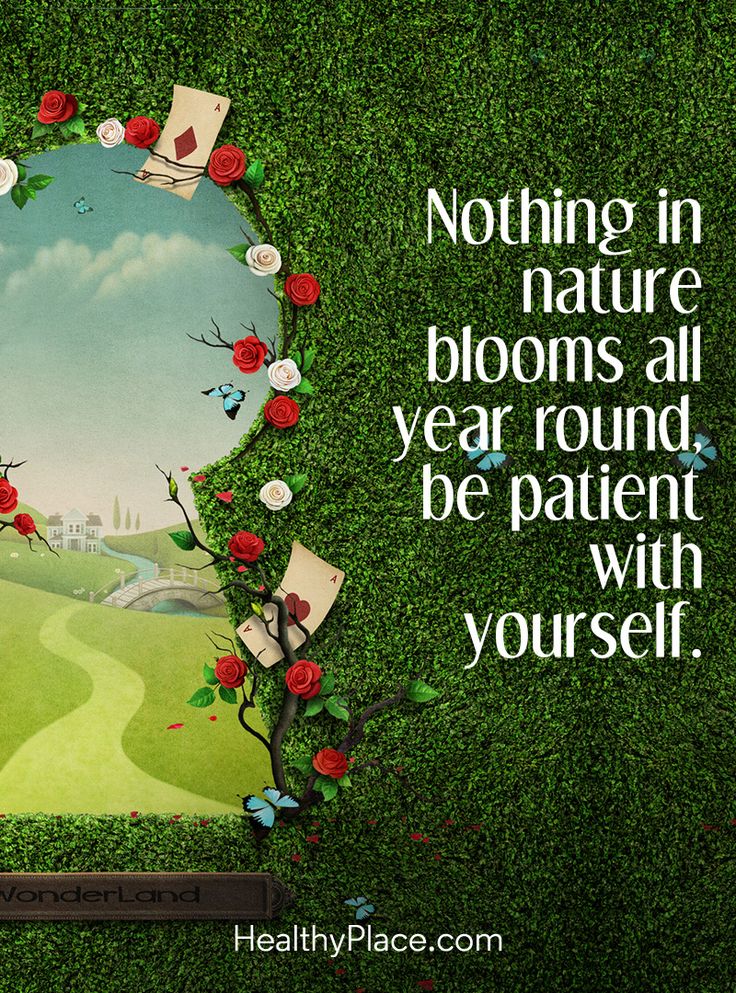
The same goes for others too. When your partner, a neighbor, co-worker, or stranger at the store acts in an irritable, unhelpful, or unkind way, try giving them the benefit of the doubt. We easily imagine the worst in people, but we never really know their story or what situations they come from. We can safely assume that these times present difficulties for everyone. We all deserve a little grace when we fall short now and again.
2. PracticeLike anything else, learning to garner patience with ourselves takes practice. Research shows that waiting makes us happier in the long run. Give yourself the opportunity of time to earn your reward and resist the urge for immediate gratification. For example, try the following:
-
- Allow someone to go in front of you in line at the post office
- Really listen to someone else’s opinion without interrupting them and before you respond
- Watch half of a movie one night, and the other half the next night
- Wait a few moments to begin eating when you sit down for a meal
As you practice, you will begin to gain more patience, and may even realize that you feel calmer, can come to agreements more quickly, and feel happier overall.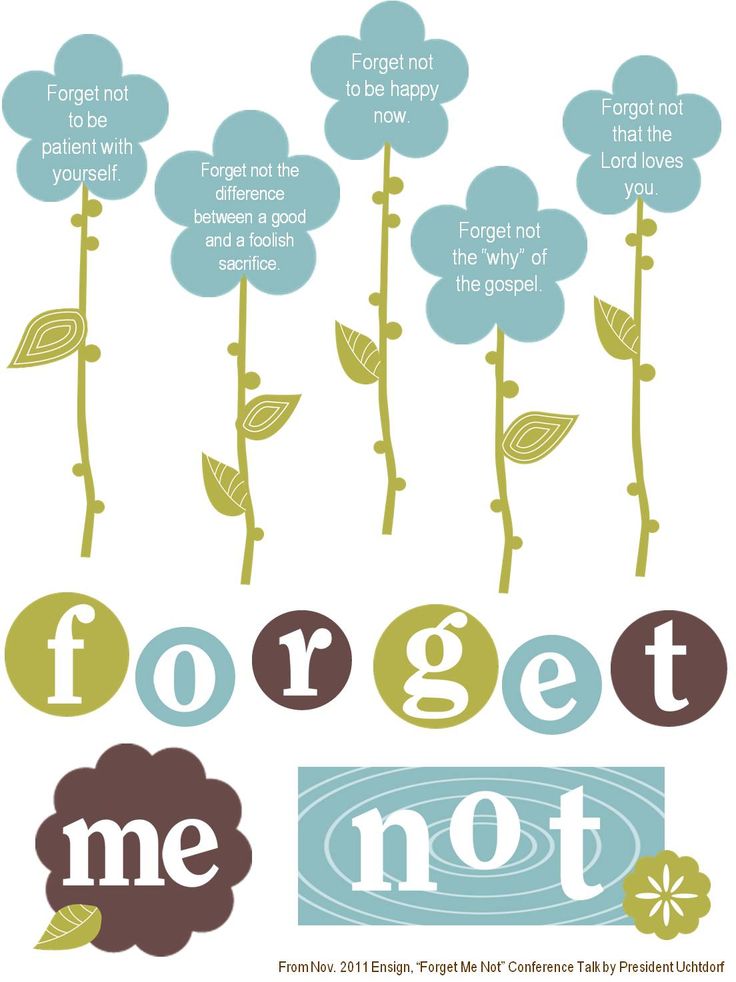
Patience comes with more difficulty when you have a lot on your plate and a lot on your mind. When overscheduled or preoccupied with worries, you have diminished capacity to put forth the effort required for patience. To remedy this, examine the things in your life that cause your stress. Try to find solutions to these problems and ask for help when you need it. Look at where you spend your time and see what you can cut out to allow more time to focus on the things that are important to you.
There is no substitute for good old-fashioned self-care to reduce stress. Research shows that three deep abdominal breaths three times a day lowers your levels of stress hormone in your bloodstream. Other relaxation techniques include imagery, guided meditation, body scan, or mindfulness practice. Of course, you also reduce stress if you get enough sleep, allow for physical activity in your day, and eat healthy (especially avoiding too many sweets and alcohol. )
)
We are more impatience when we juggle too many things at once. We all do it, we jump from one task to another without finishing the first. This practice proves ineffective time and time again. Worse, it causes a great deal of frustration because you do not do any one of these things well. By focusing on one thing at a time you will feel calmer and accomplish a great deal more.
Bonus tip: Before you go to bed, write down 3 things on a post-it note that you want to do the next day. Make these tasks a priority by tackling them first and resist the urge to get distracted by other things. Research in organizational settings demonstrated that this strategy significantly increased productivity in the workplace.
5. Say kind things to yourselfChanging your internal dialogue provides the most helpful practice you can do to develop the patience that resides within you. Cognitive Behavioral Therapy (CBT) is a technique used to identify critical, negative thoughts and develop a more balanced way of thinking.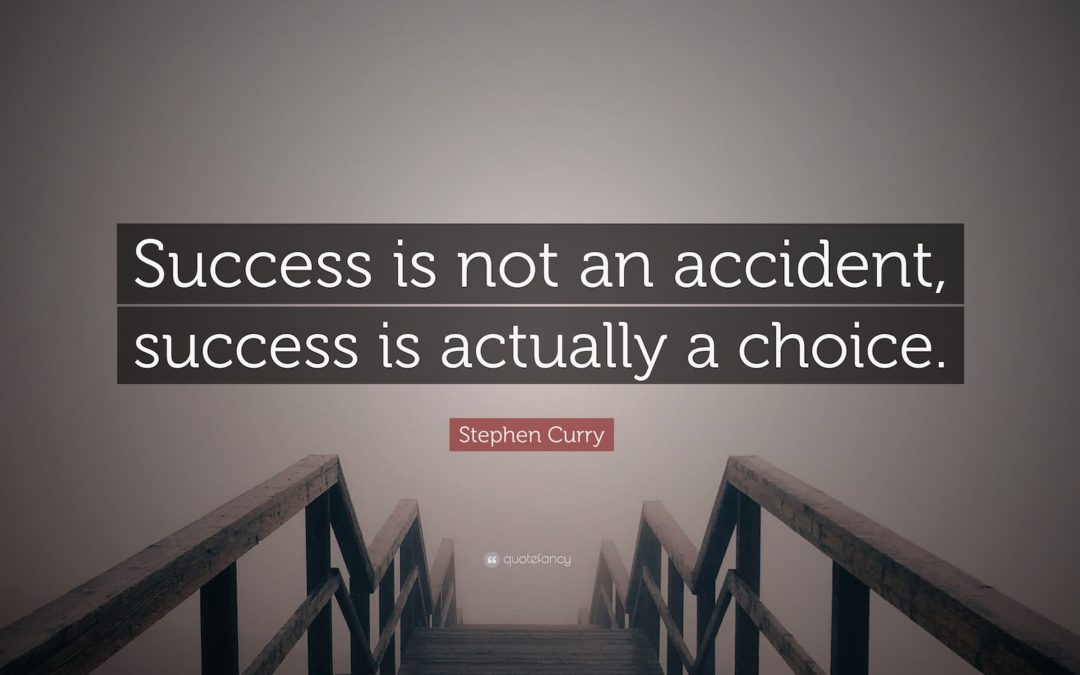 Learning to change your internal dialogue takes time, so try to be patient with yourself as you learn to be more patient with others. (Yes, the irony is not lost on me here.) A professional San Diego Psychologist at Therapy Changes can provide you focused guidance during this process.
Learning to change your internal dialogue takes time, so try to be patient with yourself as you learn to be more patient with others. (Yes, the irony is not lost on me here.) A professional San Diego Psychologist at Therapy Changes can provide you focused guidance during this process.
Patience with ourselves and others requires mindful recognition of our humanity and that none of us are perfect. Patience means embracing yourselves with self-acceptance and focusing on progress rather than on perfection. It means giving yourself compassion rather than withholding it. It means speaking to yourself with more kindness and empathy such as:
“I know this is hard. I know you’re struggling,
but I believe in you. You can get through this.”
Change isn’t easy. Quick fixes reside mostly in theory, and lasting change takes time. We will experience challenges, and we may even go backwards at times. Long-term success includes small steps in the direction of your goal. With calm, controlled perseverance and loving kindness, you will achieve whatever you’ve set out to do.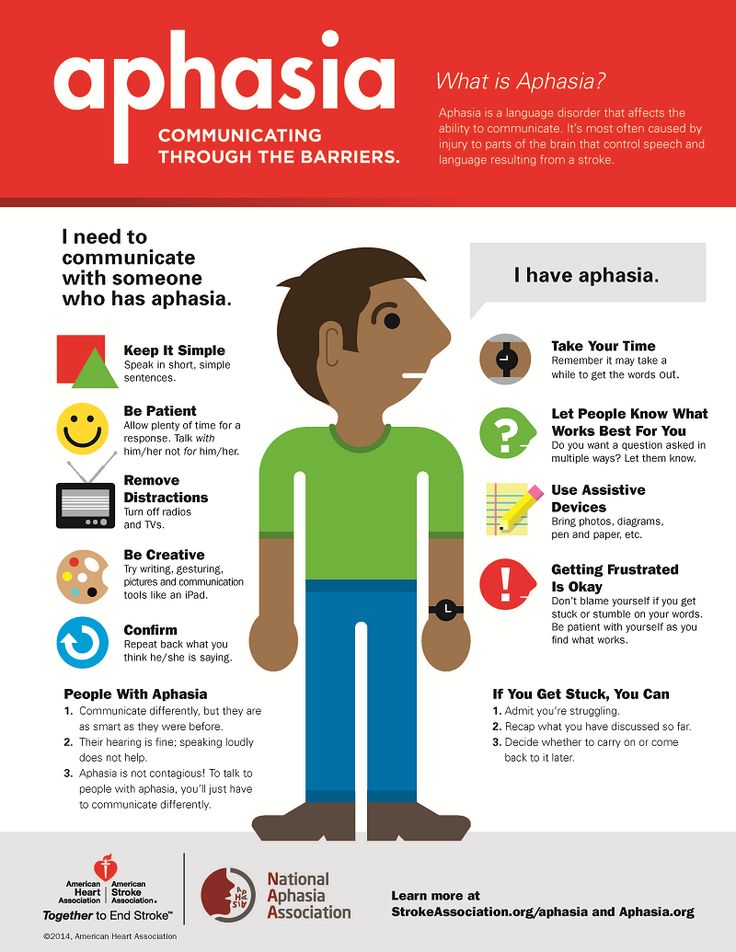
Photo by Dingzeyu Li on Unsplash
4 Tips for How to be Patient with Yourself
By
Sophie Caldecott
I recently realized that I live most of my waking hours in a state of perpetual striving. There’s a nagging voice at the back of my mind constantly adding new items to my to-do list. My phone is littered with notes made at odd times of the day and night, reminding me to email this person, pitch that idea, edit my website, write this blog post, make a healthier meal plan, and complete a complicated DIY craft project with my kids.
The lists spill out over the pages of my notebooks and diary, onto sticky notes and scraps of paper in my purse. The to-do list is an ever-evolving beast that is never satisfied, and leaves me feeling impatient, frustrated, and restless. Can you relate?
Overstimulation sets us up for failureWe crave peace — to be fully present in the here and now; to soak it all up; to be grateful for all that we have.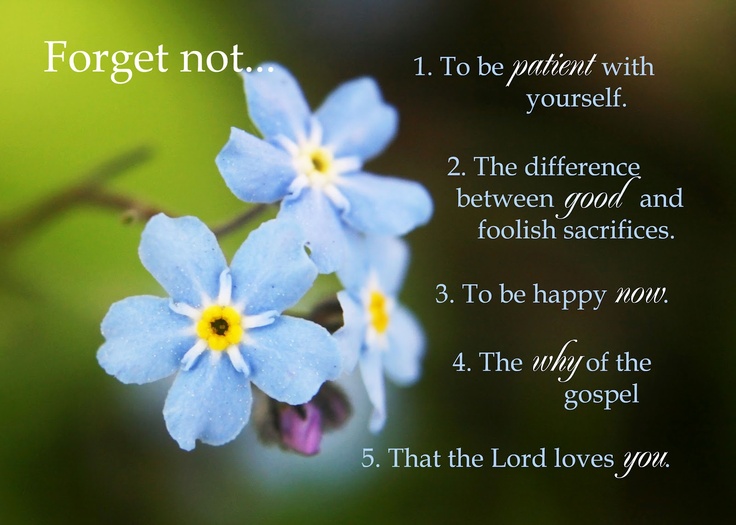 But our minds constantly skip ahead to the next task. We barely notice when we reach or surpass one goal because we’re so focused on what we haven’t achieved yet.
But our minds constantly skip ahead to the next task. We barely notice when we reach or surpass one goal because we’re so focused on what we haven’t achieved yet.
We live in an unnaturally fast-paced culture, with a 24/7 digital connection to the rest of the world. With all the noise that surrounds us, we feel pressure to cram as much into our schedules and brains as possible.
One of the many consequences of this overstimulation can be that we end up holding ourselves to impossible standards and get impatient with our limitations and seemingly “slow” progress. There are so many things we could do, and we’re more aware of all our options and potential than ever. It can be hard to remember how impossible it would be to actually do it all.
Patience can unlock productivity and open the door to growthResearch shows multitasking damages our productivity and can negatively impact the way our brains process information. We know that rest is essential for our well-being and creativity. The benefits of disconnecting from our tech and making an intentional choice to slow down our lives are more and more widely discussed.
The benefits of disconnecting from our tech and making an intentional choice to slow down our lives are more and more widely discussed.
I’ve found in my own life, however, that understanding the benefits and actually internalizing those beliefs are two different things. One of the trickiest aspects of choosing to unplug and slow down is to tune out that frantic, impatient voice telling us that we’re not achieving enough fast enough. So what’s the solution?
Patience is the antidote to this sense of restless striving — especially learning to have patience with ourselves. Here are a few ideas to help you cultivate this in your own life.
Tips for cultivating patience1. Understand that your energy will ebb and flow
Despite what our post-Industrial Revolution capitalist society would like us to think, we’re not machines, and our bodies have more in common with the natural world and the seasons than our constantly switched-on devices.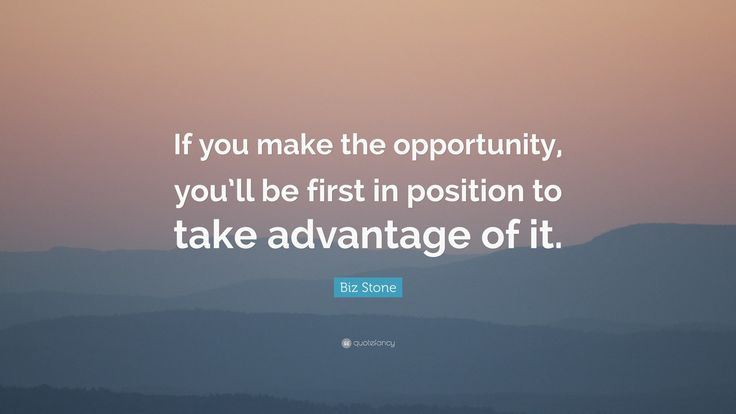 Research shows that our brains rarely work well for long uninterrupted stretches of time, and, as
Inc. put it, “An 8-hour workday only makes sense if you’re screwing in widgets on an assembly line.”
Research shows that our brains rarely work well for long uninterrupted stretches of time, and, as
Inc. put it, “An 8-hour workday only makes sense if you’re screwing in widgets on an assembly line.”
You’re probably already aware of your favorite time of day, and have a sense of whether you work better in the morning, afternoon, or evening. This applies to the seasons, as well — your productivity and whether or not you’re feeling at your best, in general, can be hugely influenced by other factors like your hormonal cycle, your health, and whatever is going on in your life at that particular time.
Remembering you’re not a machine and that your mood, abilities, and needs will be constantly shifting and changing can help you become more patient with yourself.
2. Grow in self-awareness
In their online course, A Seasonal Year, Maddy Lawson and Eleanor Cheetham suggest mapping out the year to find where your energy is naturally highest and where it’s lowest.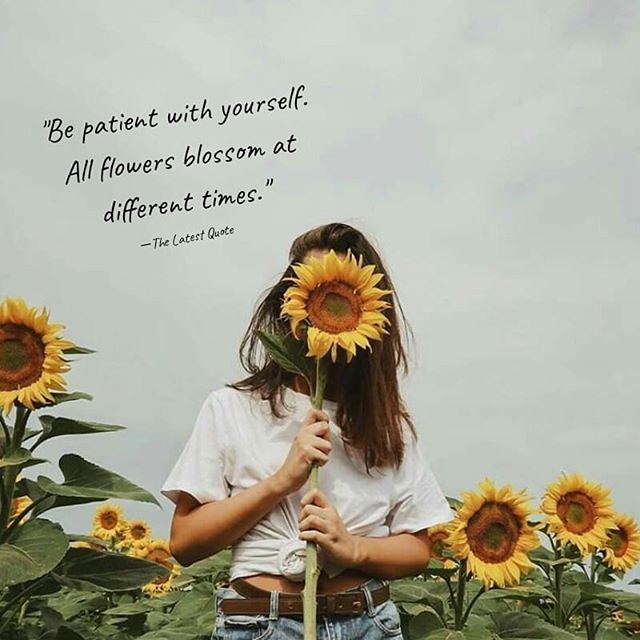 Think about what kind of work fills you up, and what kind of work leaves you feeling more drained. Consider which seasons find you scribbling down new ideas like there’s no tomorrow, and which ones make you feel like hunkering down and staying firmly in your comfort zone.
Think about what kind of work fills you up, and what kind of work leaves you feeling more drained. Consider which seasons find you scribbling down new ideas like there’s no tomorrow, and which ones make you feel like hunkering down and staying firmly in your comfort zone.
Once you’ve learned to recognize your own patterns, you’ll be better placed to think creatively about how you can work with your tendencies, rather than against them. We don’t always have a choice about how much work we have on our plates or how we spend our days, but we usually have at least a little more choice than we think we do. And growing in self-awareness is the first step toward becoming more patient with yourself.
On my own journey towards self-awareness, for example, I’ve learned that my energy tends to be the lowest in the winter. So now I can prepare myself to be less ambitious and more patient with myself during that particular season.
3. Stay curious about your roadblocks
Nir Eyal, the author of Indistractable, encourages us to watch out for the moments when we start to procrastinate and question why we’re putting something off. He points out that there’s always a deeper emotion underneath the instinct to procrastinate — whether that’s fear of failing, not knowing how to do something, weariness and feeling too burnt out to engage with it, or just plain boredom.
He points out that there’s always a deeper emotion underneath the instinct to procrastinate — whether that’s fear of failing, not knowing how to do something, weariness and feeling too burnt out to engage with it, or just plain boredom.
When you cultivate a habit of observing the things that trip you up — that hold you back from making the progress you’d like to make without judgment — you can have more empathy for yourself instead of beating yourself up or calling yourself lazy. Keep in mind, though, that this isn’t about making excuses or trying to get out of doing the necessary work. When you can say, “That’s interesting, I’m trying to put off doing this thing because I’m really tired right now,” it’s easier to be patient with yourself. This allows you to find potential solutions — like rearranging your schedule in order to tackle a task later on with renewed focus and energy — rather than just getting frustrated with yourself.
4. Notice, celebrate, and cultivate gratitude for the good
I’m guilty of not taking the time to reflect on — or celebrate — the good things in my life.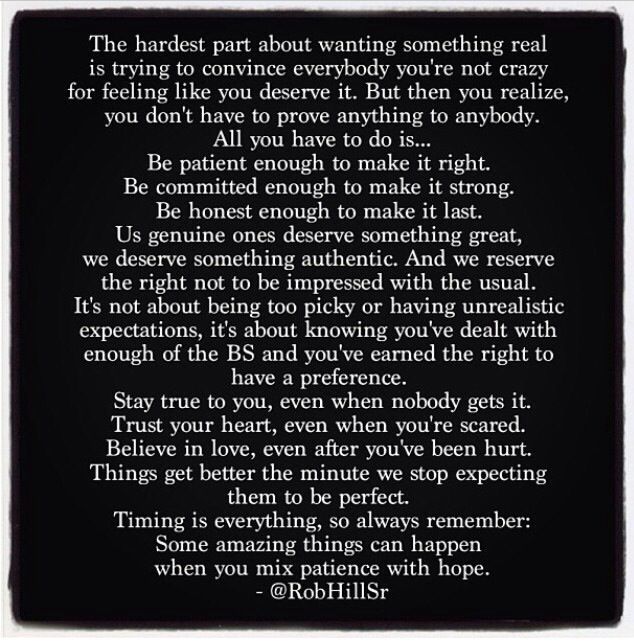 I recently achieved a dream I’d been harboring for years, and after about five minutes of feeling excited and happy about it, I went back to worrying about the next thing. This experience helped me realize that patience is a habit — a mindset that we have to cultivate — and that it’s intimately linked with gratitude.
I recently achieved a dream I’d been harboring for years, and after about five minutes of feeling excited and happy about it, I went back to worrying about the next thing. This experience helped me realize that patience is a habit — a mindset that we have to cultivate — and that it’s intimately linked with gratitude.
It can feel kind of corny or egotistical to stop and pat yourself on the back when something goes well or you handle something in a way that you’re proud of, but as I get older I’m realizing how important it is to celebrate the small victories. Regularly refocusing on the bigger picture can help you see how far you’ve come, have a deeper sense of gratitude for where you’re at, and make peace with the time it takes to get anywhere good.
Patience is a virtueUltimately, having patience with ourselves helps us to develop deeper patience for others, and it all starts with understanding ourselves better. These tips will help you to self-assess, put patience into practice, and reap the benefits of increased self-awareness and productivity throughout your life.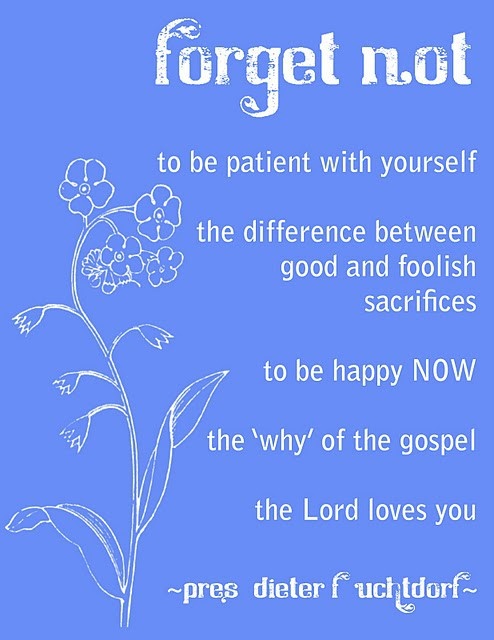 It might seem counterintuitive, but when things speed up, we should slow down — and watch the wonderful results that patience provides.
It might seem counterintuitive, but when things speed up, we should slow down — and watch the wonderful results that patience provides.
Be in the know with Grotto
XExplore more Grotto
ArticleExplore Chicago’s Literary Scene This Winter
ArticleThe Magic of Making Music With Others
ArticleMeditating on the Magic of Belonging
VideoThis Band of Puppets Will Rock Your Socks Off
ArticleThe Sacred Gray Area
ArticleWhat You Need to Know about Seasonal Depression
ArticleHow Live Music Can Inspire Our Imagination
ArticleWhat the Night Sky Holds
Article“Prayer at Winter Solstice”
ArticleHow Improv Brings Back the Joy of Play
More Navigate Life
How to learn patience.
 An easy way to become calmer
An easy way to become calmer Patience is a basic life skill, says Raptitude blogger David Kane. Update has abbreviated the text on why it is so important to learn to be patient.
It is the skill of patience that determines how tolerable or intolerable a ride in an elevator, an event, a trip home or a visit to the post office is for you.
The ability to be patient is extremely important because life is at least 90% consists of situations requiring calmness.
A certain amount of patience inevitably develops as one grows older and gradually realizes that it is harmful to neglect the present, since every moment is contained in it, Kane suggests.
But it is rather difficult to remember how to properly teach this vital skill, except for the automatic commands “Be patient!” from teachers, parents and other authority figures.
Patience is nothing more than the willingness to live life exactly at the speed with which it happens. Regardless of how easy and pleasant reality is. nine0003
nine0003
Of course, our willingness to accept reality is not something that happens automatically. Although it is this that largely determines the quality of our life experience.
Impatience does nothing to speed up boring or unpleasant things. If you sweat while standing in line, it will not make it move faster, it will just make your time there more unpleasant.
To strain in this way is the desire to deny reality. It happens very often, for example, when we don't get what we want. nine0003
There are enough non-ideal moments, but the attitude that they should not exist at all, that this is some kind of universal mistake, makes them unbearable. The plane needs unscheduled maintenance - how is that possible? I did not agree to this!
Do not demand the impossible
Impatience means exactly that - demanding unreal things. It is impossible to be in another place or time, except in the here and now. And we escape into the only alternative to reality - our imagination.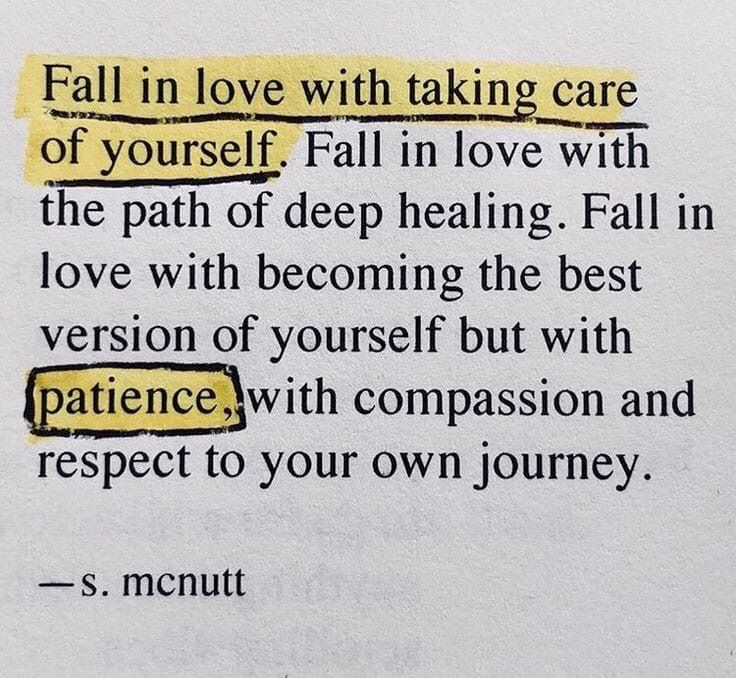 nine0003
nine0003
Sometimes we just dream unconsciously. But often the imaginary reality we run into is directly related to what caused us to lose patience.
While you're standing in line at the cash register, you may mentally lecture some invisible manager(s) about how many people should be working now.
None of these thoughts do what we want - that time and space change. Impatience always pursues unrealistic goals: to transport yourself to the end of this wedding toast, to teleport, to eliminate someone's displeasure. nine0003
You need to understand that impatience has nothing to do with your ability to help the situation move faster. We cannot change reality, but patience can do a lot to change our attitude towards what is happening.
Patience solves the real problem - not the circumstances in which we find ourselves, but the assessment of our current experience: unbearable or normal?
Patience makes life bearable as it is. Which is very useful, because life is always just the way it is here and now.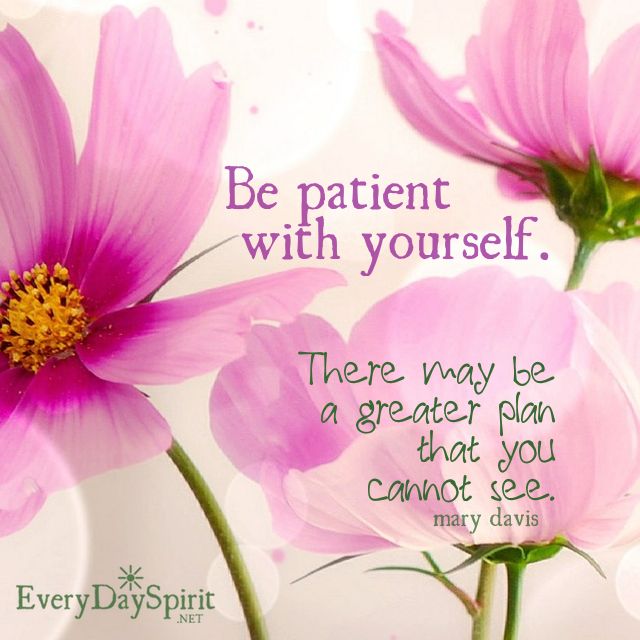 nine0003
nine0003
Let things take their course
Impatience is a reflex, because it rarely looks like a conscious choice.
But it is in our power to change this reflex. When patience disappears (the printer doesn't want to work or there is a traffic jam), try to train a specific skill - to let events take their course.
Every day we perform countless tasks that do not require our full attention. For example, when you're done drying your hair, you'll probably wind up the hair dryer's cord and put it in the closet. nine0003
Since this is not brain surgery, it's likely that in the ten or twelve seconds that you're doing this task, your mind is already attuned to something else - breakfast, work, global politics.
Consciously perform simple tasks
In this way the mind again tries to skip reality. But the ease of tasks like putting the hair dryer in the closet is a great opportunity to become more patient by putting all your attention on this action.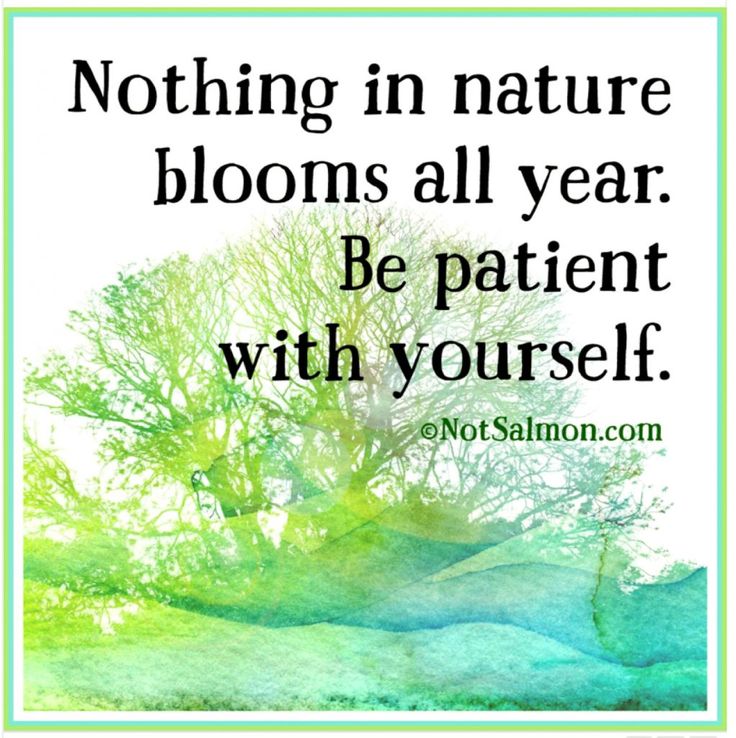
Instead of wasting another twelve seconds in useless thinking about the past and the future, use them well. Pay attention to what is actually happening: you have a simple task - to wind the cord and remove it. nine0003
This technique - being fully aware of buttoning up a shirt, sealing an envelope, peeling a carrot - acts as a small but effective challenge to the mind's habit of constantly trying to get away from real life.
In those ten or twelve seconds, you can gradually learn to let go of your discontent, allowing life to unfold at its true speed.
Take some time to think about a little thing, and then feel free to return to distracted thoughts about election reform or chatting with a neighbor. nine0003
Do it again later on some other minor task. It's not difficult at all. The result will be a gradual relaxation from the constant tension - the desire to get rid of most of life's circumstances.
Things begin to unfold in a new way. Travel, shopping, and other everyday situations become easier. Mistakes and social obligations become less horrifying. Life in general seems less dangerous, because horizons are opening up to you much wider than before. nine0003
Mistakes and social obligations become less horrifying. Life in general seems less dangerous, because horizons are opening up to you much wider than before. nine0003
Again, it's not that long - ten or fifteen seconds of what you usually spend in daydreaming. Practice this approach in easy moments, and you'll find that the desire not to push the time can come up in more difficult moments. For example, when a mechanical problem is announced in a vehicle, or when the person who is supposed to call does not call.
Each exercise of patience is a small but powerful act of generosity towards your own well-being. The ability to take this step changes everything. nine0003
Feel relieved to find that you are not suffering from the regular slowdown of life. Treat it as an experiment with a willingness to live in reality without escaping from it anywhere.
how to learn or develop this quality?
Contents
- Benefits of patience or why it is needed
- How to Develop Patience and Endurance
- How to Develop Patience: Alternatives nine0093
Patience is such a useful human ability, characterized by the ability to remain calm in unforeseen, changing circumstances.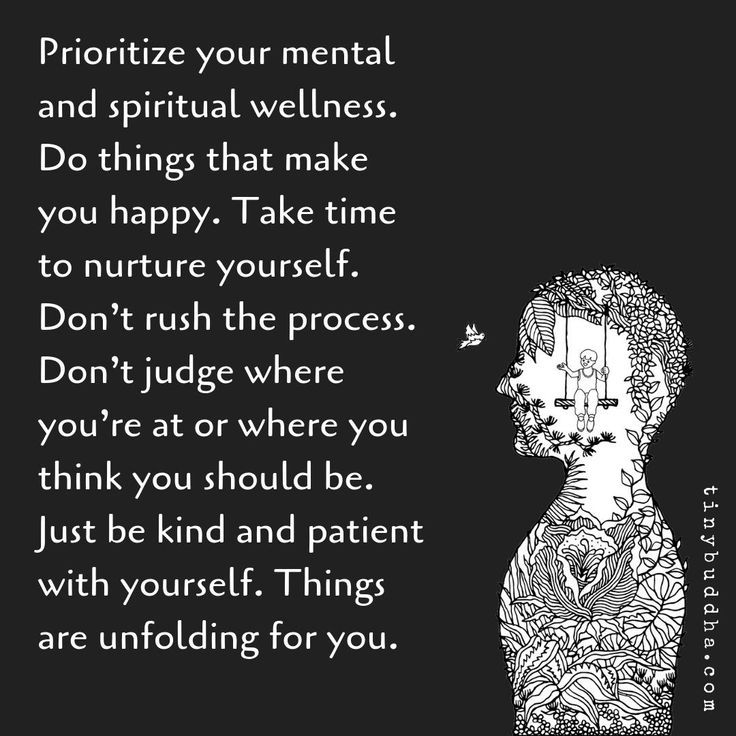 Also, this quality helps to normally endure what you do not agree with or “cheer up” in a negative state of affairs that does not depend on you at the moment. Wise, life-taught people come to patience when they have to accept external or internal factors as such. How to learn to endure? You need to be able to forgive others and your own mistakes, showing emotional and spiritual maturity. nine0003
Also, this quality helps to normally endure what you do not agree with or “cheer up” in a negative state of affairs that does not depend on you at the moment. Wise, life-taught people come to patience when they have to accept external or internal factors as such. How to learn to endure? You need to be able to forgive others and your own mistakes, showing emotional and spiritual maturity. nine0003
Benefits of patience or why you need it
In an unpredictable life, it doesn't hurt anyone to have patience, because so often it is not enough to endure overwhelming at first glance difficulties that unsettle. And when there is nowhere to draw strength, internal, previously hidden reserves in the form of patience rise from somewhere deep and help to become stronger.
How to develop patience is a good question, but let's see what it's for first. So, the benefits of patience:
Resolute.
The ability to “jump over your head”.
Extra strength.
You say no to fuss and worry.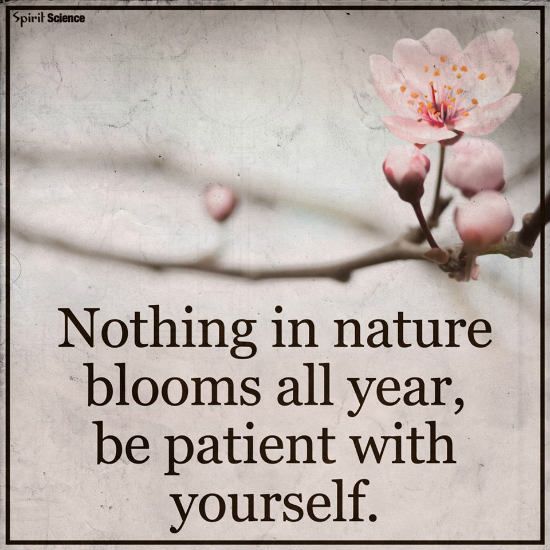
With patience comes hope for a brighter future.
You get rid of unnecessary resentment and anger.
Patience is well developed by the practice of communicating with different people. Because of the imperfect world in which you and I live, it is extremely beneficial to develop patience with other people. You can stop teaching them, anyway, empty criticism only leads to anger and resentment, and not to constructive changes. Together with an adequate attitude towards others, you increase your tolerance for yourself and do not “give up” at the slightest difficulty. nine0003
How to develop patience and endurance
In order to learn to wait and endure, you need to learn a few simple rules:
If there comes a moment when endurance is about to let you down, do not rush to “explode”. Count to ten (up to twenty in particularly difficult cases), and then react. Discontent and anger will remain, but will no longer be so “seething”.
The energy of denial or rejection overwhelms you, but is it unacceptable to “pour out” these emotions? Then get some exercise.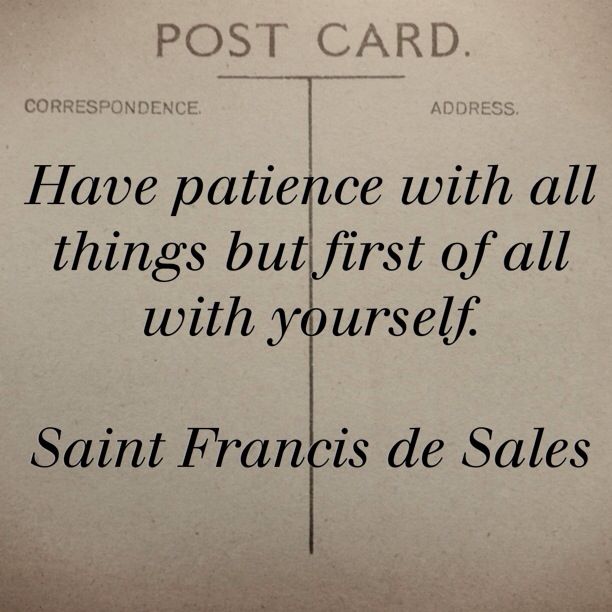 This will allow you to channel some of the "blast wave" of your impatience in a more useful direction. nine0105 Make it a habit to do the exercise “Abstraction from the outside world” at every opportunity.
This will allow you to channel some of the "blast wave" of your impatience in a more useful direction. nine0105 Make it a habit to do the exercise “Abstraction from the outside world” at every opportunity.
The essence of the exercise: imagine what happened before the event that bothers you, think about what led to it. Answer the question: how many billions of people lived before you and will live on earth after you? Realize that they must have experienced difficulties too. Although they differed from your specific problems of incontinence, the inner meaning is the same: we all function, perform actions that become momentarily important for us, but mean nothing after a short period of time and a look at the problem “from the height of the past years”. nine0003
Pay attention to how you are weighed down by unfinished business, abandoned halfway through. Try not to let this happen.
Try breathing exercises. There are several methods for performing such gymnastics: with a special apparatus, breathing with the stomach without an apparatus, with a stopwatch or music.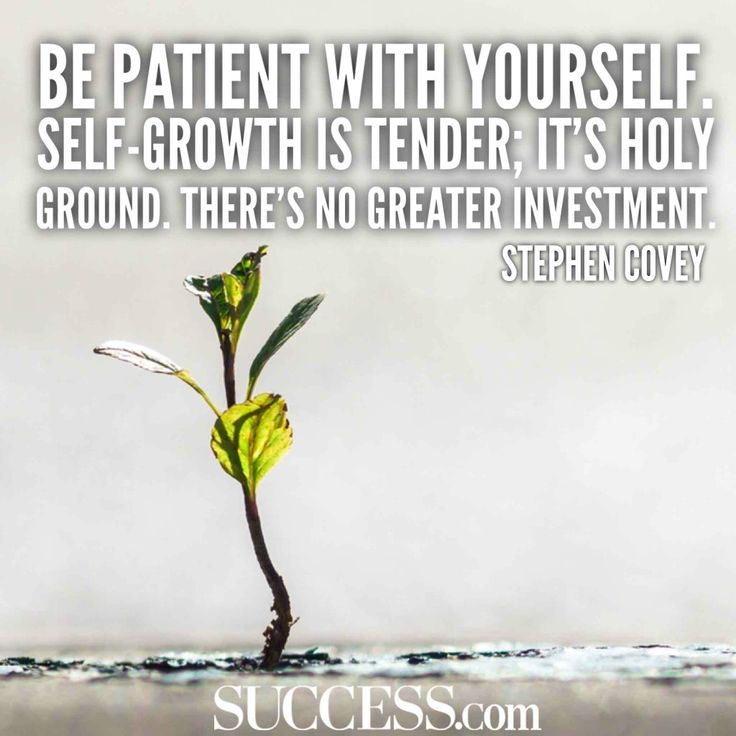
How to develop patience through such training? Very simple: gradually and calmly follow all the recommendations indicated in the description of the breathing technique. Within a week or two you will feel the change. In addition, improve your health, because breathing techniques trigger healing mechanisms by increasing carbon dioxide in the body and stop the so-called cell overoxidation (oxygen poisoning). nine0003
Every day, if possible, control your intermediate results of work on yourself. If you are lucky, praise yourself, because you deserve it.
Do what you love at least a couple of hours a week if you are too busy. A satisfied person will not lose mental and emotional balance.
Do not forget to monitor your physical health and support it in every possible way: a healthy and happy person will not lose his temper over trifles.
Patience well develops a militant attitude towards work on oneself. Take intolerance as a defeat, then every time when the prerequisites for losing patience arise, say to yourself: “No, I will not give up!”, “You won’t take me so easily!”, “I will overcome everything”, “I can do everything”.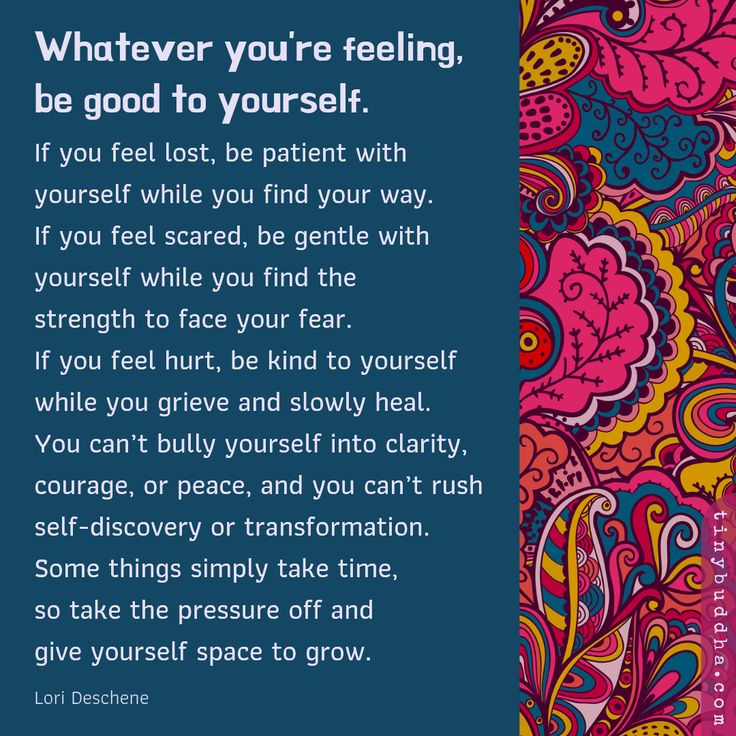 Feel like a warrior overcoming difficulties and tempering your spirit and endurance in battle with yourself. You will be surprised at the pleasant sensations that arise at the moment when you win the first small victory over intemperance. You will immediately want to win again and again. nine0003
Feel like a warrior overcoming difficulties and tempering your spirit and endurance in battle with yourself. You will be surprised at the pleasant sensations that arise at the moment when you win the first small victory over intemperance. You will immediately want to win again and again. nine0003
It's hard to just start, to believe in yourself, that you can handle it. Never say "I can't". When you make that kind of statement, you really can't. Let the thought fly ahead of the deed: yes, you really cannot learn to endure right away, but you need to make the installation: “I can not be nervous!”, “I can do more!”, “I can handle anger” and so on. Then the rest of the body, together with consciousness and subconsciousness, will not be able to resist such pressure.
The subconscious guides us, but only while we are hiding from the realization of the real state of affairs, from the truth, lying to ourselves. When you look reality in the eye and know for sure (but without judgment) your shortcomings or what you still need to work on, the consent of all internal and external processes will come, and impatience will go away. After all, impatience is associated with misunderstanding and rejection, which you will no longer have.
After all, impatience is associated with misunderstanding and rejection, which you will no longer have.
How to Develop Patience: Alternatives
Additional Tips and Ideas for Patience Training:
Take up yoga, because yoga requires a huge amount of calmness and patience, which is so lacking in Western people.
Go to a long opera in three or four acts if you are not a fan of this art form.
Meditation is a way of calmness and a way to feel like a changing part of a huge, seemingly fussy world. Try doing it yourself or enroll in a meditation course.
Do you remember how the postman Pechkin said: “Why was I angry? Because I didn’t have a bike”? So you definitely need to find this “bike” of yours, that is, a business, hobby, passion that you like to do. It’s not scary if you need to spend time and effort on this activity, which you don’t have left after a hard day’s work. Remember that the best rest is a change of activity. There will be much more benefit from the effort spent on playing sports or modeling airplanes, for example, than from “resting” on the couch, which does not bring real relief from the yoke of problems.
